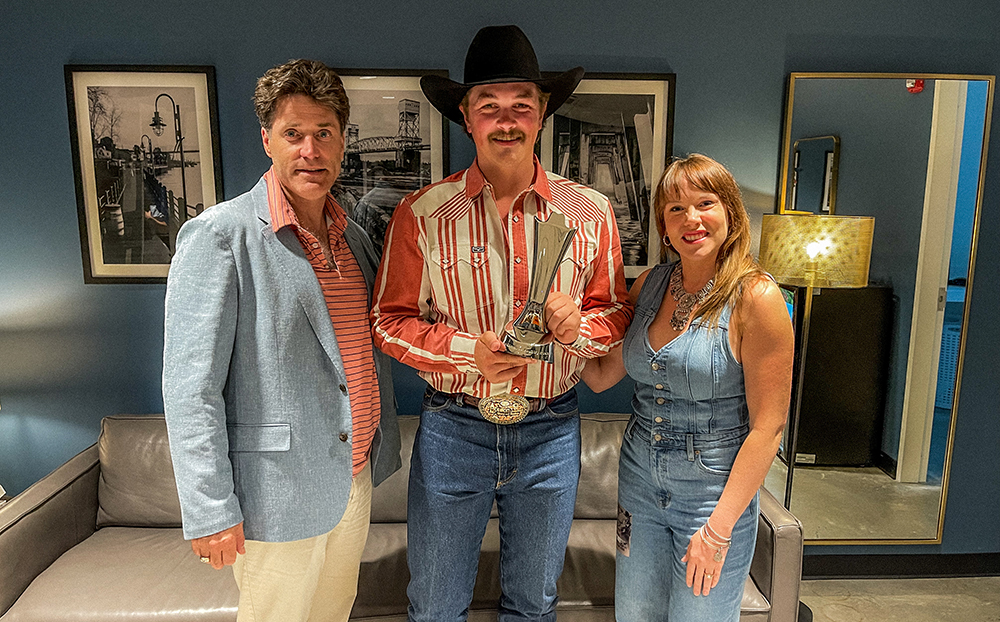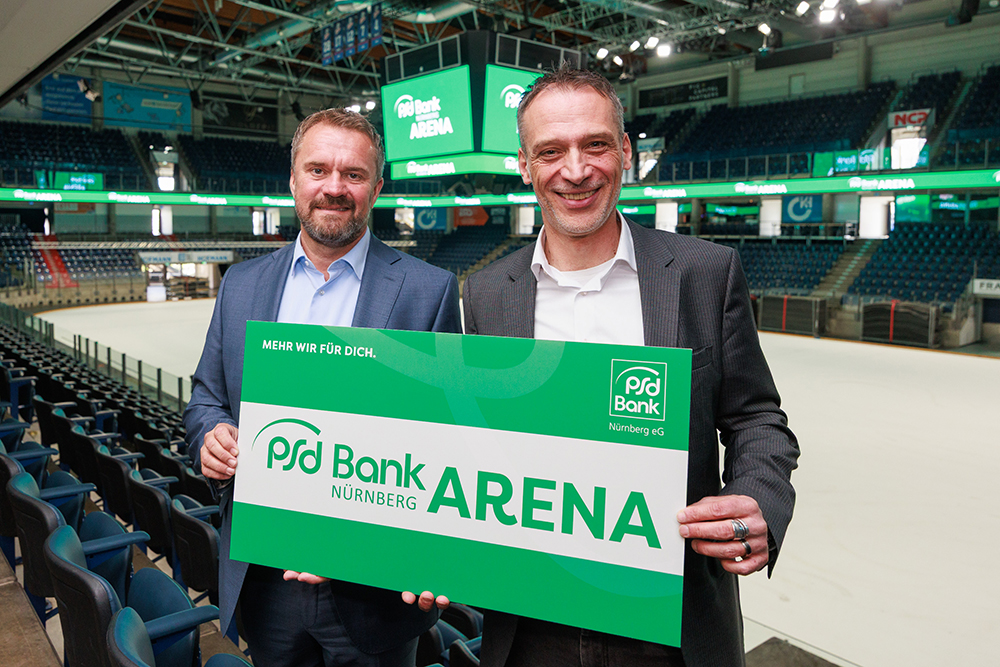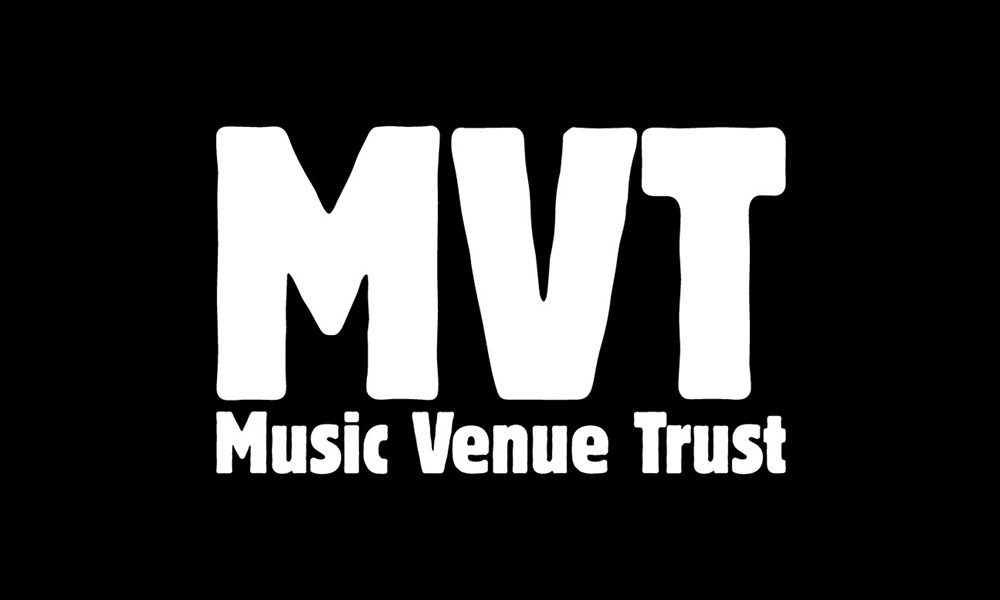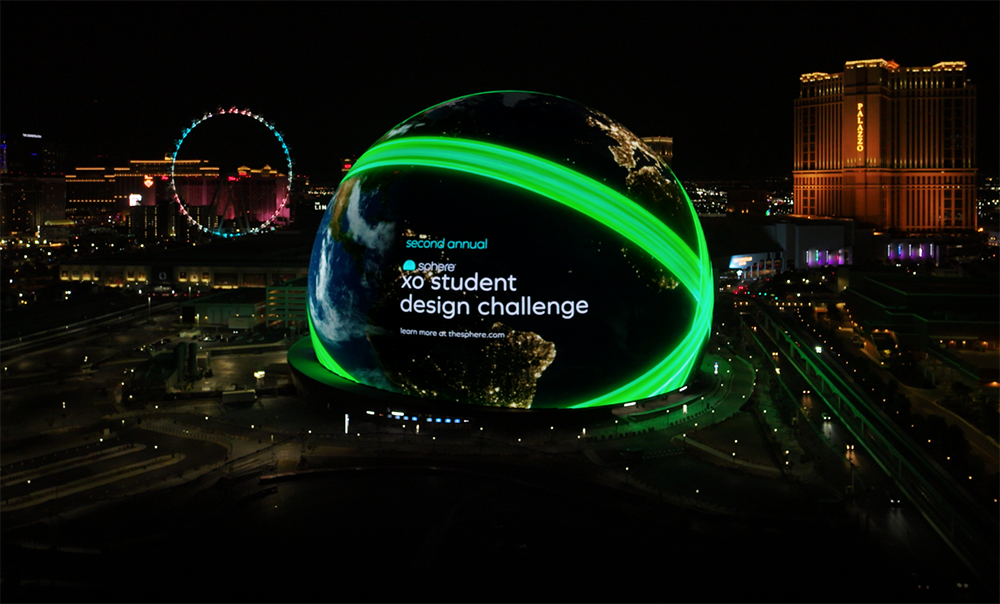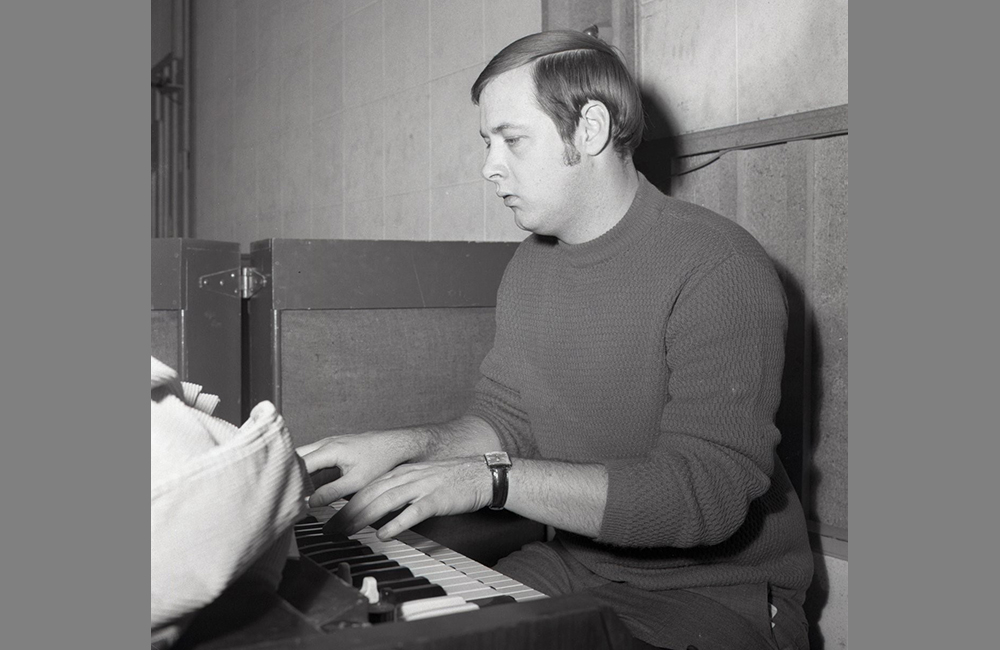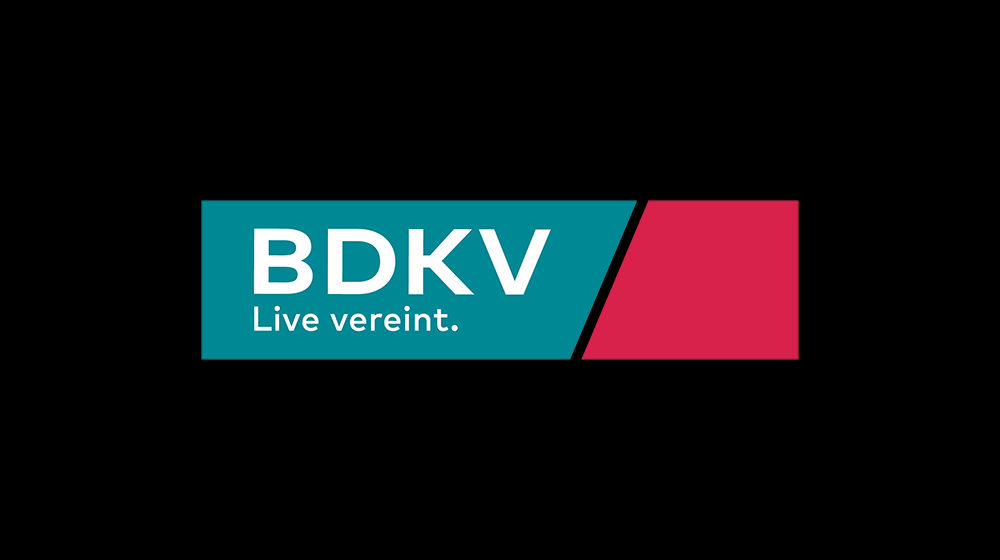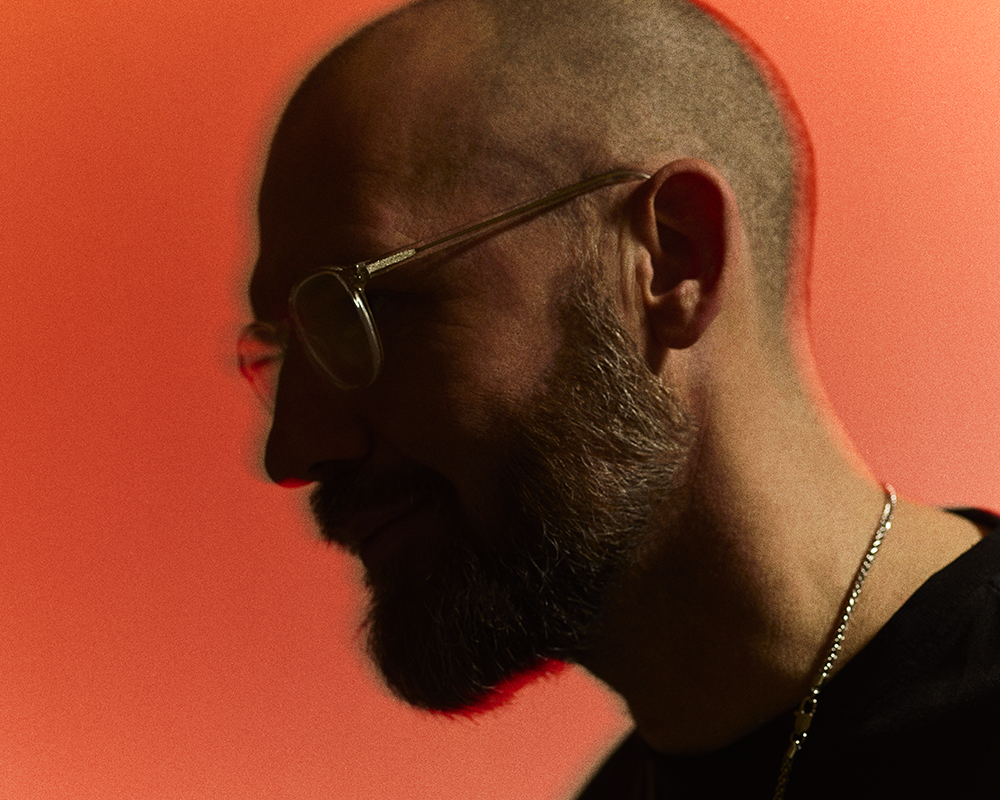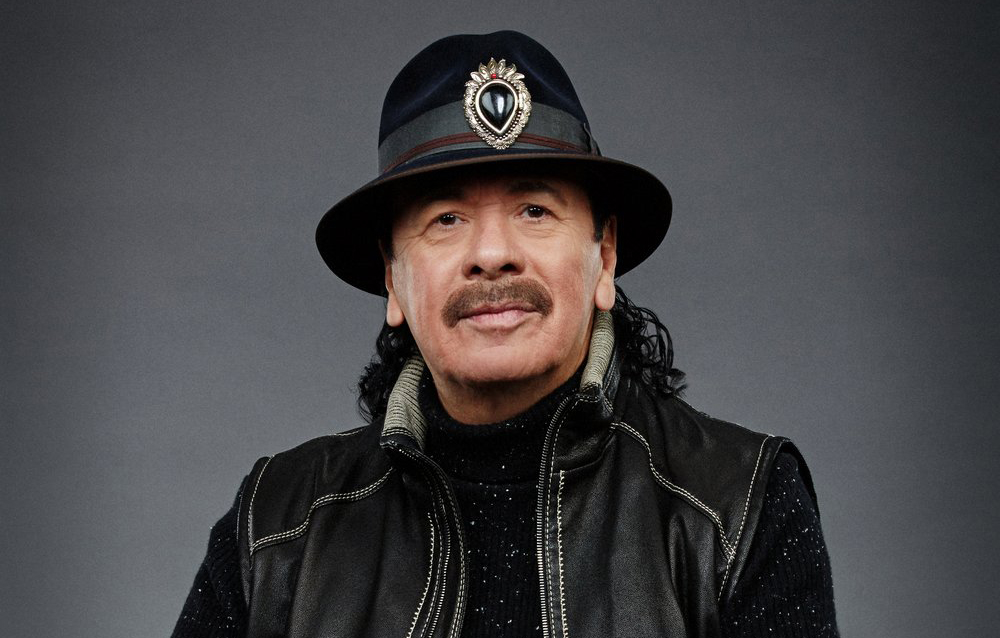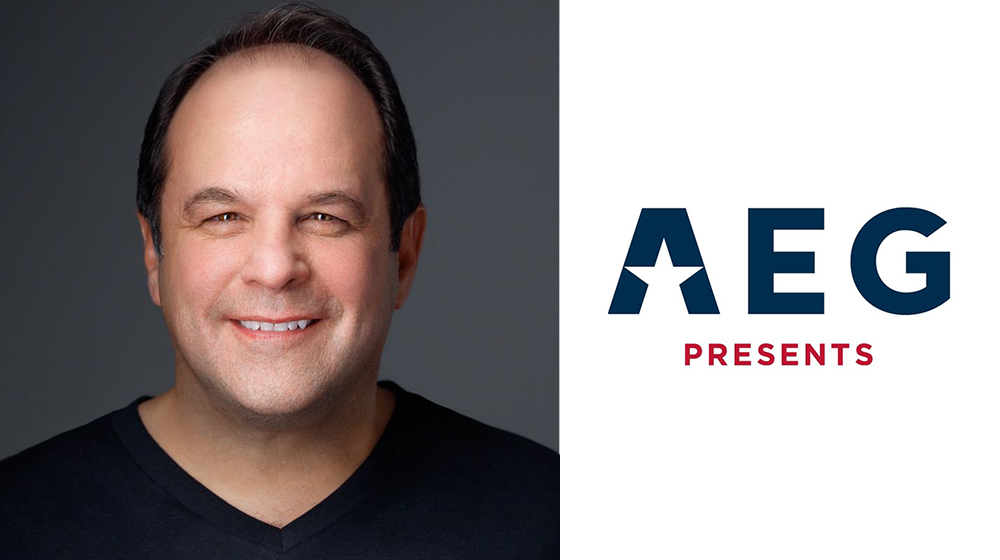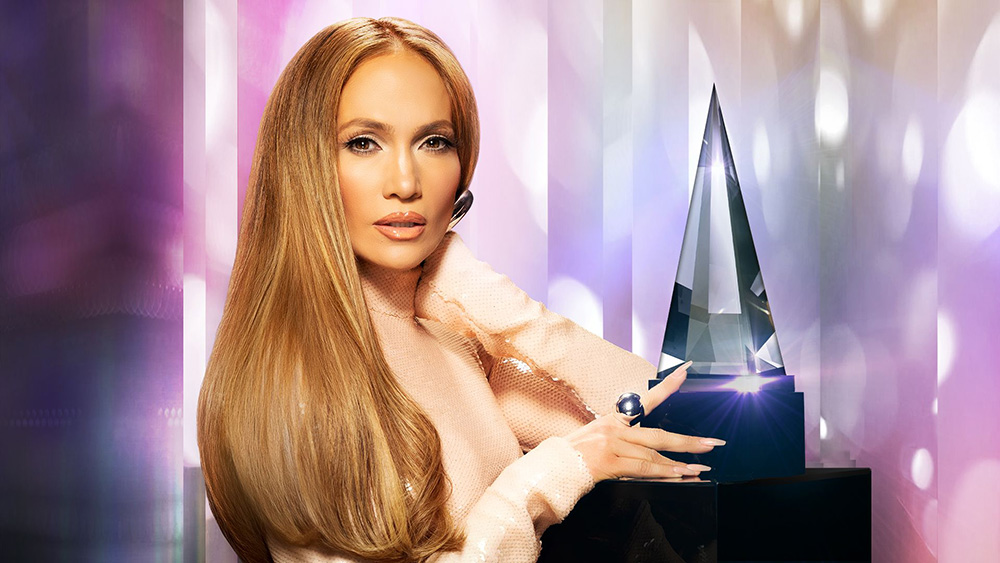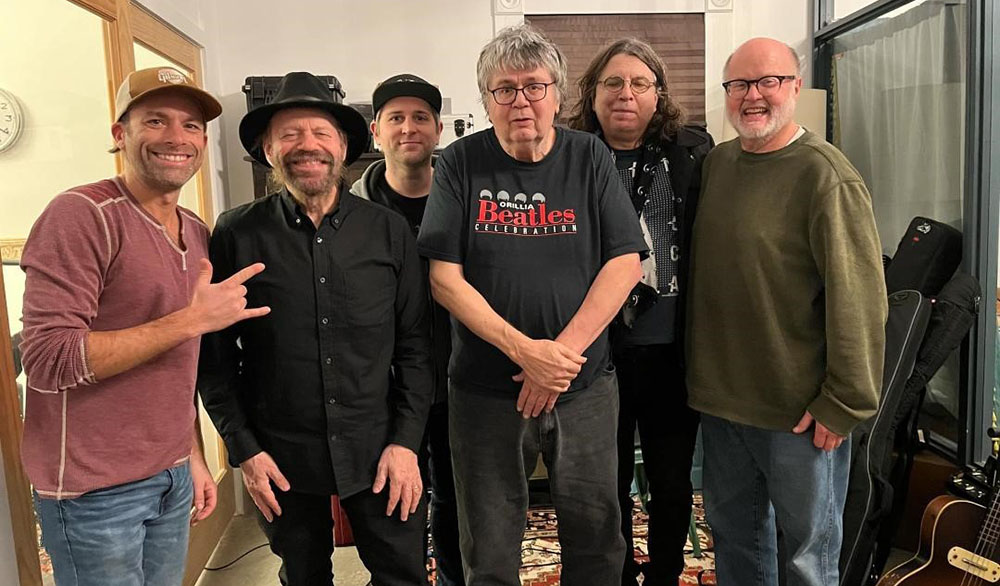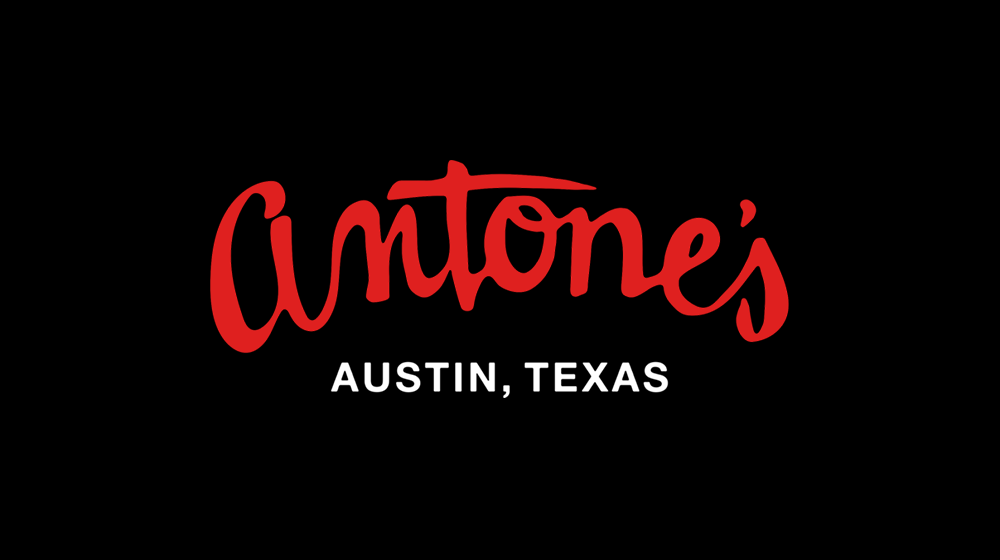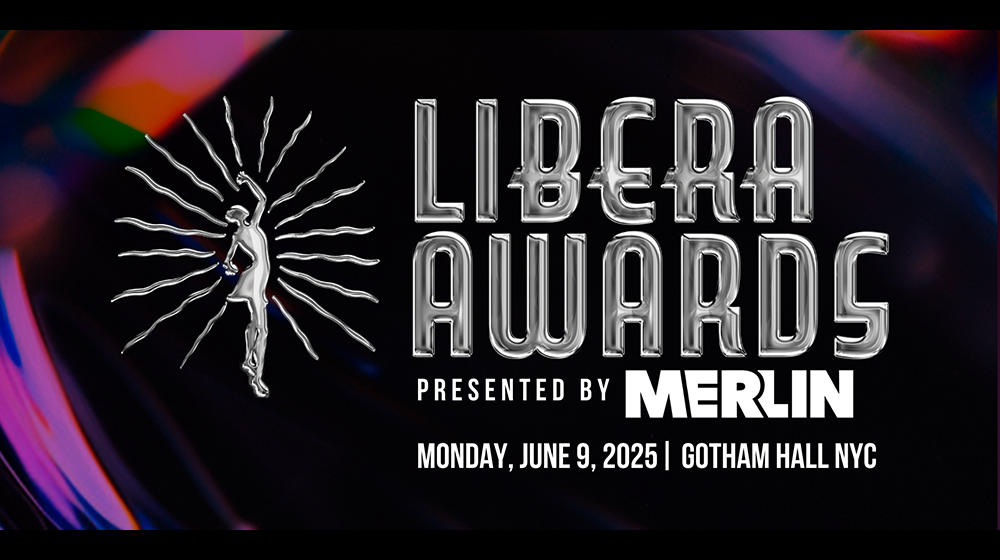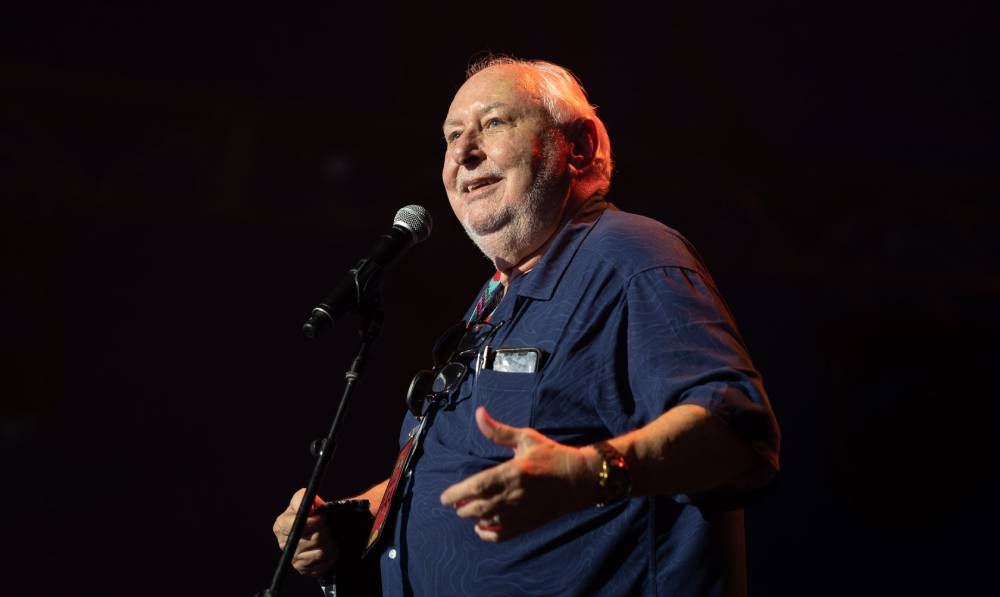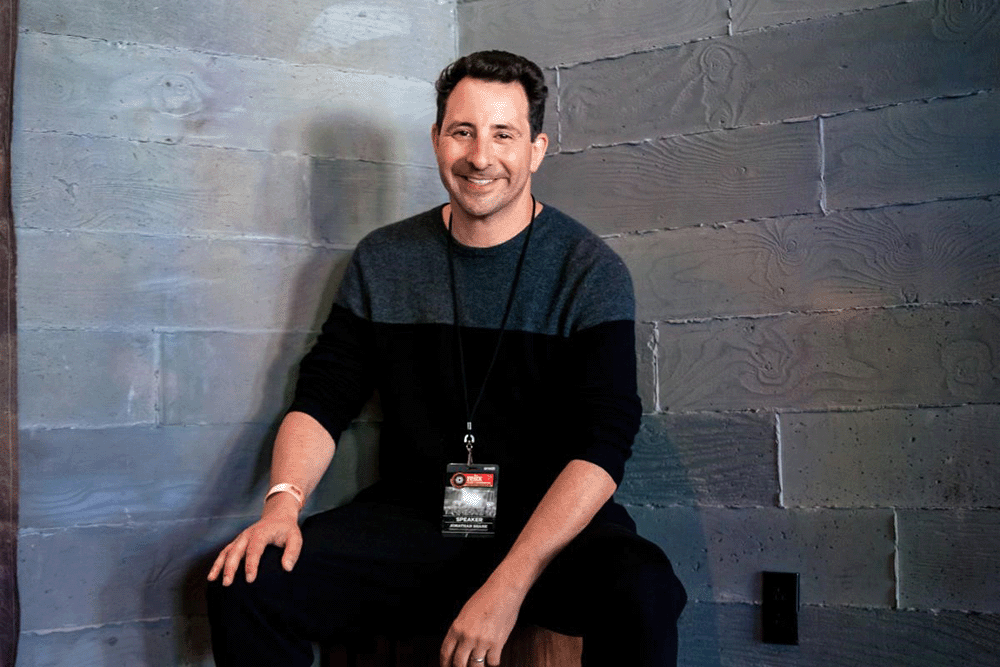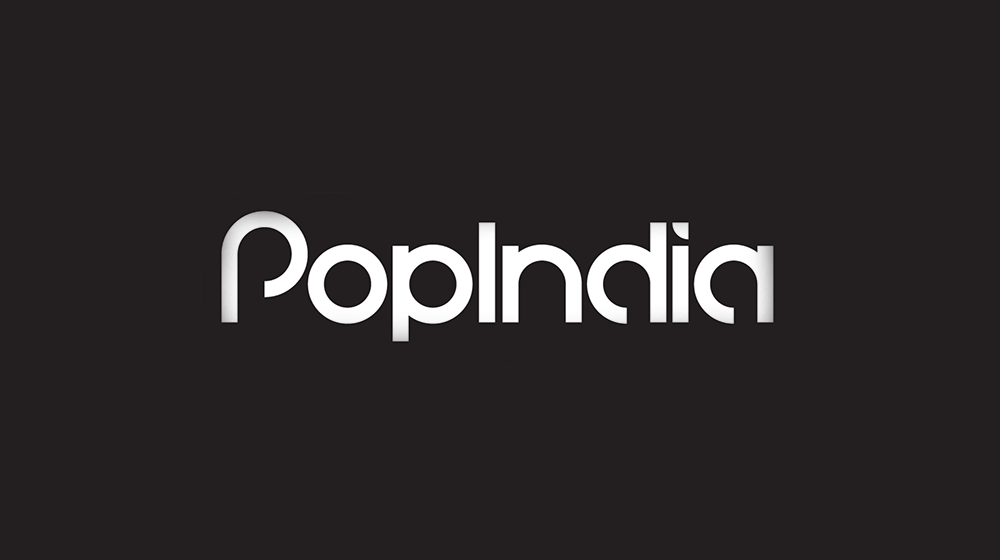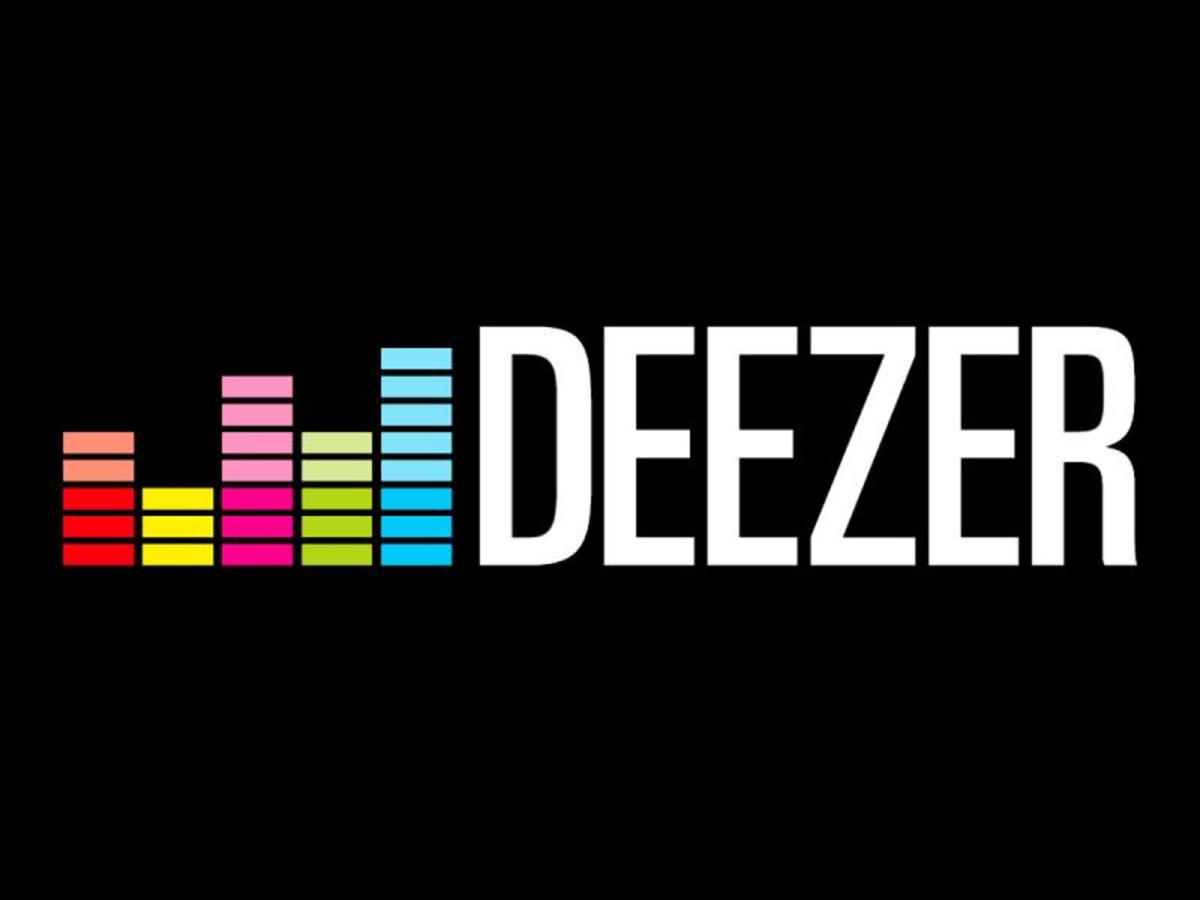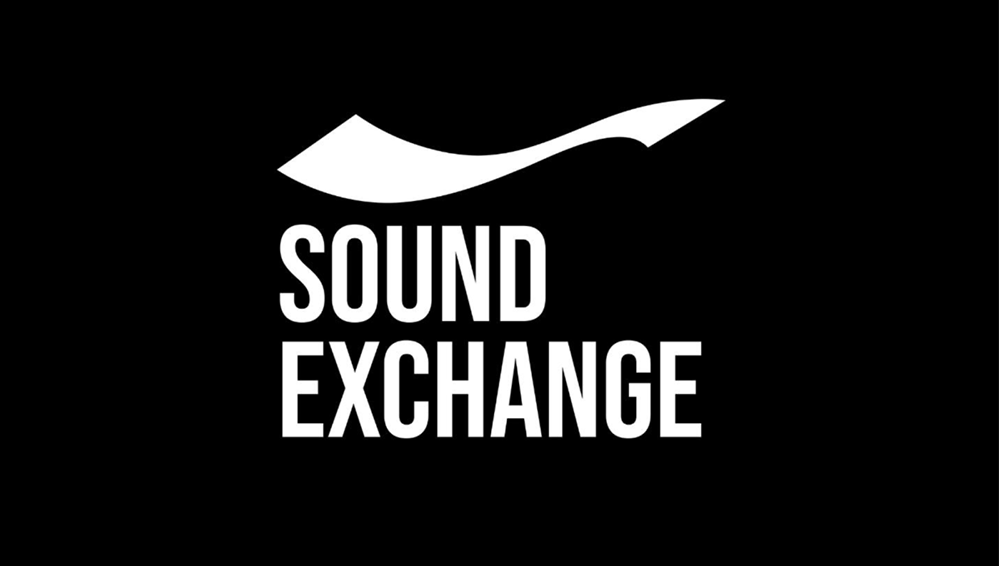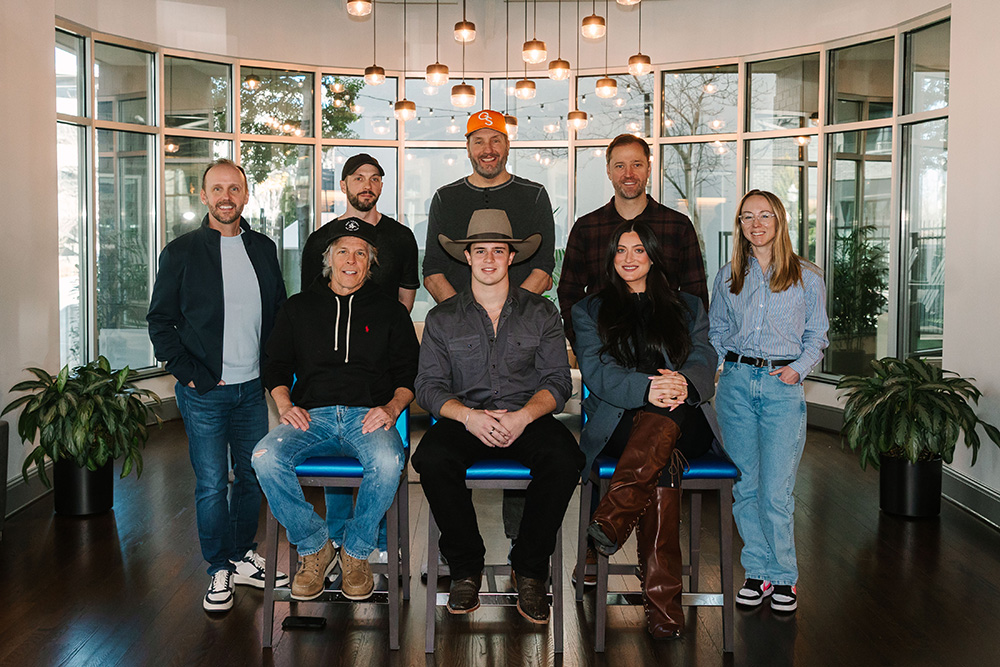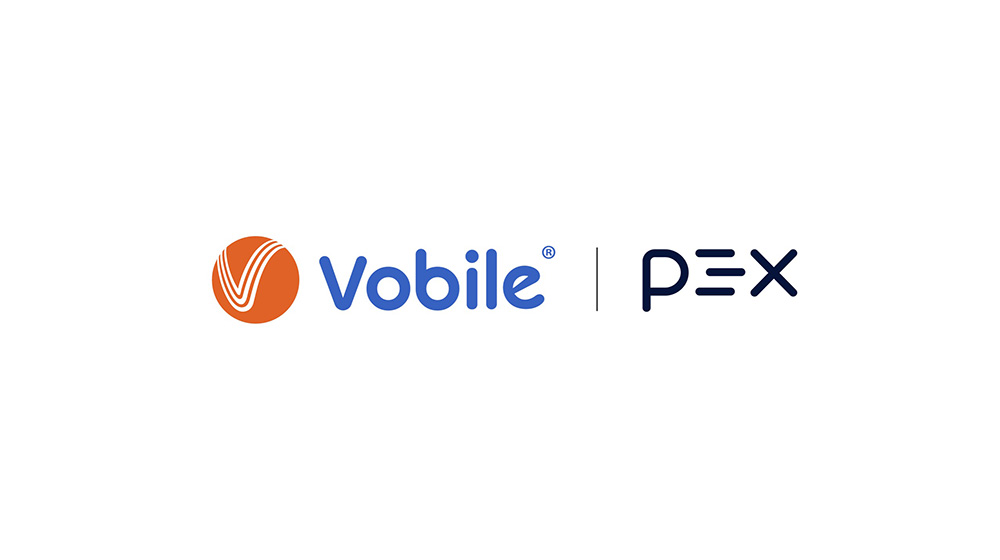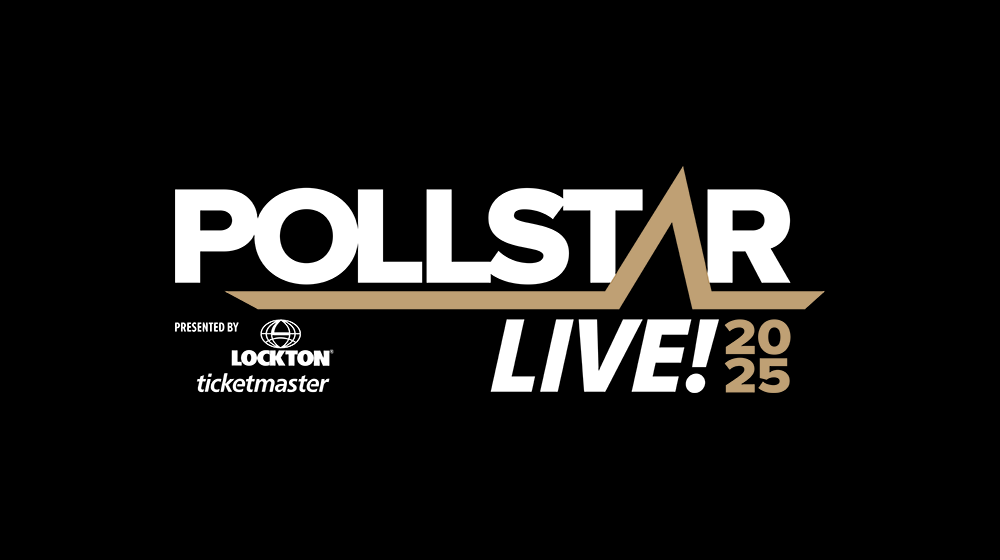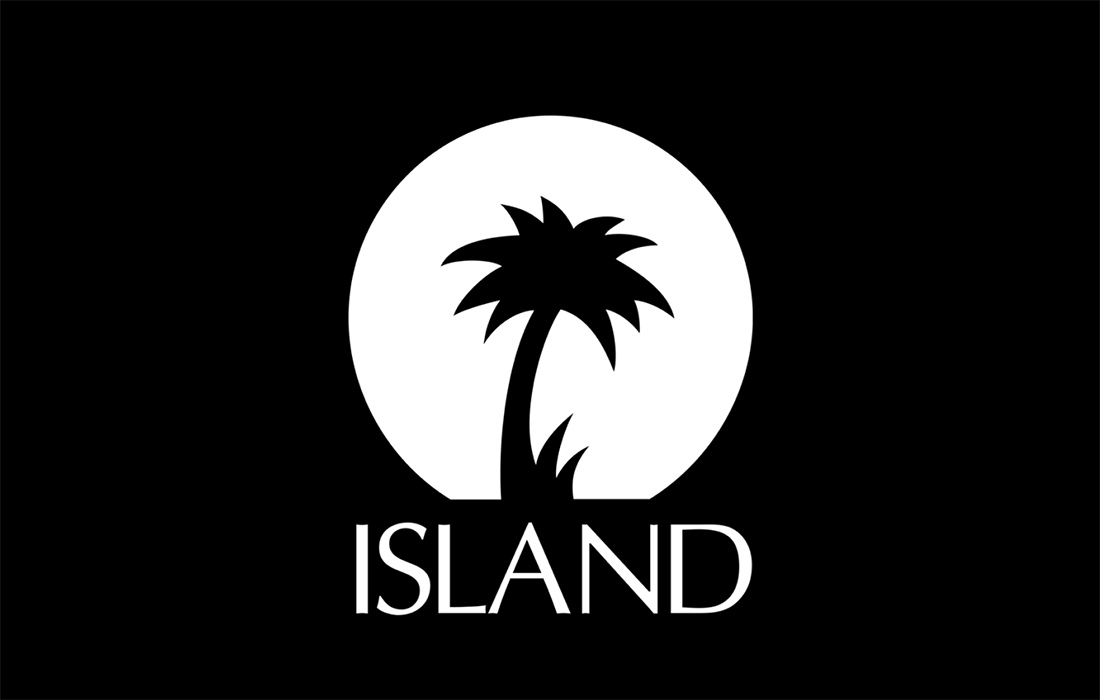
1. Who Is The Leader Of The Tribe?
What got screwed up in the nineties was that the label became the tribe leader, the label made the decisions. The leader of the tribe is the act. Everything flows from the act. As Jim Guerinot told me, it's the act's name on the marquee. If an act has a feeling in its gut, that feeling has to be obeyed. Jim can always get a new client, whereas a misstep by a musician usually ends his career.
The label doesn't need your record to make it. It just needs a record to make it. The label head's priorities may be completely different from the act's. The label executive may be coming up on a contract renewal. He may be angling for a bonus. What's expedient for the label may be positively awful for the act. If your deal doesn't give
you a modicum of control, you're at the mercy of the label's whims.
Sure, you could go on strike, but now you can't even work on the road, the label gets a piece of that too via the 360 deal.
Furthermore, a label doesn't know how to work the road, never mind merch. A label specializes in selling music. In an era where more people steal it than pay for it, where it's almost impossible to get exposed and there's a thin line between getting the word out and overexposure, which negatively impacts your longevity. So, sign with a label at your peril. Or insist on a lot of control.
In any event, although the act is the true leader, the Mafia Don, the
manager is the consigliere. You must be able to trust your manager.
You must be able to get his attention. You must share mutual interests. But the act must have the last word.
2. The Key
It's the music, stupid.
Radio stations don't buy music. Fans do. Don't worry about appealing to gatekeepers, worry about appealing to fans.
 I once heard a Widespread Panic song on Sirius, but generally speaking the band's music is never played on the radio. It tends to be long, it stretches out, the vocals are not Top Forty friendly. But the audience loves it. A core audience that keeps the band working year after year, long after Top Forty wonders are through scrounging around for TV guest appearances and are contemplating entering the family business. Hell, the audience treasures live Widespread Panic music more than the recorded stuff!
I once heard a Widespread Panic song on Sirius, but generally speaking the band's music is never played on the radio. It tends to be long, it stretches out, the vocals are not Top Forty friendly. But the audience loves it. A core audience that keeps the band working year after year, long after Top Forty wonders are through scrounging around for TV guest appearances and are contemplating entering the family business. Hell, the audience treasures live Widespread Panic music more than the recorded stuff!
In other words, forget about the rules. Just focus on how you can turn someone not on the payroll, not related to you, on to your music. Because if they're turned on, they'll tell people. If nobody wants to tell anybody about your music, give up or change it or be resigned to a marginal "career". Doesn't matter if you like it, doesn't matter if the label likes it, doesn't matter if MTV likes it, it only matters if independent sources like it. A turntable hit generates no career. Your mother can't buy enough albums to keep you in business. Sure, catchy infects people, but to truly get people talking, spreading the word, you must sound unique, unlike anybody else. People want music to call their own. If you provide this, they'll tell everybody about it, you'll have a career.
3. The Format
Deliver what the fan wants. Which is always more music. An album may be good, but not if there's only one every four years. Let people record you live, sell live files. You're giving people the tools to build your career. Don't limit them, enable them!
Fans will support you. Buy CDs even though they've already stolen the files.
If you get really big, you can sell CDs with books, special packages, but that's way down the road. First, just make tunes that people want to hear. A good number of them. Don't worry about defects, your imperfections make you lovable. Pro Tools and Auto-Tune have removed the soul from music. Stop trying for perfection, no one can relate to
that. No one's that good-looking, no one hits every note perfectly.
One false note may be enough to endear you to fans.
4. Tools For Spreading The Word
 You don't solicit, you make tools available.
You don't solicit, you make tools available.
You deliver widgets, you utilize Eventful. If you're beating your fans over the head to spread the word you're doing it wrong. Sure, it's okay to manage your fans' efforts, in the beginning anyway. Even better is when a fan takes up the reins himself. This fan will listen to you, won't cross you, he wants access. But by coming up with his own ideas, he gains credibility. You can't control everybody. Give up on that. Inspire people. With your music. With your accessibility. Let them take you to places unknown. You're nothing without them. You don't have to accede to their every wish. Give up some control. You've got none in today's online world anyway.
5. Establish Community
You've got to have a forum online. And a place for fans to meet live. Maybe a sign where all your diehard fans can meet before the show. You want that party in the parking lot, but in the Internet era, you can own it, utilize it to your own advantage. Maybe inspire people to bring instruments and cover your songs, play their own in the parking lot. You've got to make people feel like they belong. We all want to belong, it's human nature. We can't connect to the overhyped priorities, but we can relate to what's just starting out, that we own.
6. Play Live
Anywhere and everywhere at first.
Do not play with anybody else unless you share an audience.
You may open for a superstar, but no one's going to care about you, you're wasting your time, your agent just doesn't know what else to do, your label is forcing you. Better off to drive around in a van and play clubs. If you're good, people will talk about you and your career will grow. If your career isn't growing, and you're working 24/7, face it, people don't want you.
It's best to open for no one. To own the show yourself, if possible.
Better to create your own gig than open for someone with incompatible music.
You're just going to piss off your fans if they want to see you and not the headliner. As for the reverse… You'll be lucky if people even show up to hear you, and many will probably talk while you're playing or boo.
7. Make It Affordable
Value. Not only is it the mantra of 2008/9, it's the key to all success.
Toyota knows value. As does Lexus. You want people to believe they got a bargain, more than they paid for.
If you're going after every last dollar, you aren't going to have a career when the radio hits dry up.
 Look at the Dave Matthews Band. Phenomenal road business, tickets closer to fifty dollars than a hundred. You can take a friend, expose someone to your favorite act's music.
Look at the Dave Matthews Band. Phenomenal road business, tickets closer to fifty dollars than a hundred. You can take a friend, expose someone to your favorite act's music.
A gig should not be a show, it should be an experience, a celebration of your music. If people don't feel involved, you screwed up.
Unless your gig is about production, don't focus on it. No one ever said I liked the concert because the production was great, even though the music sucked. But I've heard the reverse zillions of times. We are not in the TV business. Our product enters the ears. Focus on
what is heard. Have a great sound system. Practice really hard.
Have great tunes. You don't need a backdrop, you don't need a light show, all of that is superfluous.
8. Tie-ins/Sponsors
I'm categorically against them. But if you must do them, make sure it's clear that your fans own you, not the corporation/sponsor. You can't do anything your fan wouldn't. You can never kiss butt. You can say sponsorship kept tickets cheap. But not if you're hawking the product from the stage, not if you've got banners on stage. Not if you're flying around in a private jet.
Corporations don't care about you. They only care about your audience. They want to reach your audience. They're going to use you, emphasis on "use", to extract attention and money from your fans. How do you feel about being used as a customer? How do you feel about being manipulated? Keep this in mind when you tie in with any third party entity.
9. Innovation
The cherry on top.
Examples are the Phish festivals. 100,000 people show up even though most of the country has no idea who you are. Special events are rewards for your fans. They work best when you're on the way up, when rich fat cats can't game the system.
Lollapalooza was a great idea, the original Perry Farrell traveling one. Killed by having Metallica headline. You've got to stay true to your roots. If you don't have an appropriate headliner this year, don't do the festival!
Anything you can dream up that rewards the fans is worth investigating. Don't worry about monetization. It's okay to charge, but know that you're investing in your future.

Conclusion
The above was inspired by Seth Godin's "Tribes". Read it for inspiration.
The key is to do it differently, and lead.
Railing against P2P, complaining that your music is being stolen, putting FBI stickers on your CDs, none of this enhances your bond with your fans, none of it adds members to your tribe. Think about the tribe first! The label's tribe is the stockholders, not the music listeners. Do not associate your interests with theirs.
If it doesn't bring people closer, if it doesn't satiate and inspire your fans, forget about it.
Example. Playing the "American Music Awards". You think you're reaching a whole new audience. But maybe your fans think you're selling out. Don't worry about the untold masses. If they're interested in you, it will only be briefly. If you're good, your fans will spread the word and convert those who might watch the AMAs who are interested.
Just because there's a paycheck involved, that doesn't excuse you.
You must think how your fans will react.
You must lead the fans. You do this by constantly creating great music, and playing it live. These are the core precepts. Everything else is gravy. If people can't get it by hearing your music, via a recording or live, then you've got to go back into development.
Start with a little. Blow on the flame to ignite the kindling. Then put progressively bigger logs on the fire. Once you've got a bonfire going, it won't go out overnight.
This is not how it's been done in the last twenty years. It's been about getting a ton of logs, throwing gasoline on them and then lighting a match. But fire builders will tell you that oftentimes, this strategy doesn't work. It's much harder to get a log to burn than a twig. If a fire starts weak, it can be blown out. It costs a
lot to construct a pile of giant logs, just to drag them into place.
You're locked into this plan, you usually only have one chance.
Whereas if you start off small, you can see what develops and go where your audience leads you.























